Psychedelic Relics: Dragonfly by Dragonfly
Psychedelic Relics: Dragonfly by Dragonfly
I’ve always found the story of how bands form fascinating. Often, it’s these small, seemingly inconsequential moments that somehow manifest into the right connection being made with the right person at exactly the right time, and presto, magic happens.
Randy Rush was a guitarist and a monster one at that. But times were tough and he found himself working in a shoe store in El Paso, Texas to make ends meet. When a call came in from Colorado requesting his services, the decision was easy to make.
I interviewed Randy for the latest epysode of the podcast and he explained that pivotal moment: “I was working for Hardy Shoes and they didn’t even have a phone, so I had to close the store and go across the street. And these two guys had joined up with a guy up there in Durango, Colorado named Jerry Jimerfield who had some success with a prior band The Lords of London, but then the draft had got all his guys, so he didn’t have any band, so he hired those two guys from El Paso. He said ‘Do you know anybody else that would be interested?’ and they said ‘Yeah, this guy Randy Russ and he’s got a good P.A.!’”.
Next thing you know, Randy’s packing said P.A. and his guitar onto a plane headed for Colorado. Initially, they were going to continue calling themselves The Lords of London, as vocalist/guitarist Jerry Jimerfield had released a single under that name and appeared on the short-lived variety show Hullabaloo. That was until they found out another band from Canada was already using that name. Instead, they adopted the moniker “The Jimerfield Legend” and started playing all over Colorado to increasingly larger crowds.
Intuitively Jimerfield knew that to make it big they would have to leave Colorado. He had read about a record company looking for bands in California so they scraped together enough funds and made the trek to the Golden State, only to find it was all a ruse.
“We went to the audition, and they had their little meeting, and they wanted our drummer. So, what they were doing was they were listening to all these different bands and picking the choice musicians out of each band. They were trying to put together their own band”.
Not knowing what to do next, Jimerfield suggested contacting a pair of managers he met while with The Lords of London – Marty Brooks and Tony Sepee. After an audition, The Jimerfield Legend was signed to a management contract with Brooks and Sepee and a recording contract with a newly formed label called Megaphone Records. Megaphone was funded by, of all things, an airplane parts manufacturer in Chicago that manager Sepee’s brother worked for. Stop me if you’ve heard this one before, but managers did not always have the band’s best interests at heart.
Randy described his living situation. “These guys were giving us $12 a day to eat and what we would do was buy a package of baloney and a package of bread and we’d have baloney sandwiches three times a day. We could only afford one room (in a motel) so three guys would sleep in the bedroom, one guy would sleep in the truck and I would sleep in my car. I’m glad I didn’t sleep in the room because they all got ticks!!”
Lacking original material at that point, when the band was brought into the studio to record an album, they relied on outside material their managers had brought in plus a few cover tunes. After recording a few tracks, they went back to Colorado to play some live gigs as they desperately needed some cash. Upon their return to California to continue recording, they were surprised to find that the album was done. Their managers had hired outside musicians to record some new tracks, so all the band had to do was overdub the odd guitar solo and add the vocals. Randy said, “all we had to do was throw down some leads and Jerry had to add his vocals, and it was done…but it wasn’t us”.
The label decided to alter the band name from The Jimerfield Legend to simply “The Legend” and released their self-titled album in 1968. The band then packed up and went back to Colorado simply for the fact that they weren’t in the musician’s union in California, so they couldn’t play live.
Back home in Colorado, they started writing more songs and on stage they started gelling, often playing long improvised extended jams. “It was like we could read each other on stage”, Randy said. “It was just so powerful”.
The Legend’s managers were prepared to bring the band back to California to cut a second album in the same manner as the first – using outside songwriters and musicians. That was until manager Marty Brooks came to see them live in Denver. He told his partner Tony Sepee that the band was ready to record and this time, no studio musicians need be involved. Randy said that up until then they had never seen the band perform live. “He heard us, and he was blown away. So, he told Tony ‘We gotta let these guys record man cuz they’re monsters on stage’”.
This time out, they had more control over the material and started recording their follow-up album. The result is a much heavier-sounding, guitar-centric record. Highlights are “Portrait of Youth”, which is influenced by The Who’s “I Can See for Miles”, but these guys take it in a heavier, bombastic direction. “Enjoy Yourself” is my favourite cut on the album with a catchy guitar riff written by Rush. And Rush is all over this album, his searing leads taking each song into new dynamic territory. “They would say ‘Okay we’re going to punch you in.’ I had no idea what I was going to do. I just went for it”.
His improvisational approach must have worked, as Randy later appeared on Flashback Magazine’s list of “top underrated guitarists of the 60’s and 70’s”.
The album is also unique in that there are no gaps between songs. Each track either bleeds into the other or has some kind of short musical section linking one song to another, something that was quite unique at the time.
During the recording of the album, a rift began forming between the band and management. It got to the point where the band threatened to withhold the songs they had completed unless they were released from their contract. The management team agreed provided they deliver a completed album. By the time the album was done, so too was the band. They decided to pack it in.
The management team now had an album with no band. Their intention was to release it and find replacement musicians to tour behind it. This is why you see no band information whatsoever on the record sleeve or inside the gatefold. And, without the band’s permission, they also decided to release it under the name “Dragonfly”, though you would never know it by looking at the album as the band’s name appears nowhere on the outside sleeve.
And that airplane parts company in Chicago? Well, they were growing suspicious of their record executives’ lavish expenditures. Custom-made alligator briefcases, new cars, and houses…something seemed amiss. Overnight they closed shop, literally putting locks on the doors.
An album by a band that had already broken up, with a cover that didn’t indicate who the band even was, released by a record company that was no longer in business doesn’t generally bode well for record sales. The album sank into obscurity, though it did receive one excellent review from Cashbox at the time. They said “Dragonfly is one of the grooviest albums by a new group that we’ve heard in a long while. There are some mind-blowing, heavy-rock sounds on this album. Don’t let it pass your way without giving it a careful listen”. Retrospective reviews have also echoed similar sentiments.
Personally, I love this album. When you’re in the mood for heavy, blues-rock-influenced psych with lots of guitars, then this is as good as it gets. This is the type of album that, when I listen to it, so do my neighbors. I give Dragonfly a Farmer John rating of 8 hay bails out of 10.
Original pressings command big bucks, but there are excellent reissues available that include great liner notes and some bonus tracks. For any fans of heavy psych, this is one you have to check out.
Also by Farmer John: Psychedelic Relics: Red Hash by Gary Higgins
Farmer John is a musician and host of the audio podcast “Psychedelic Relics & Other Vinyl Treasures”. Each epysode (the “y” is on purpose) of the show features an under-the-radar album and includes interviews with artists and musicians connected with the project. “Dragonfly” is featured on the most recent epysode, #15, and includes the full interview with Randy Russ, the story of the band’s formation and demise plus a track-by-track analysis of the album. Tune in, turn on, and drop by any podcast platform to give it a listen.
Gallery
Recent Articles
Immer Für Immer by Flying Moon in Space–Album Review
•
February 13, 2026
Vinyl Relics: Fields by Fields
•
February 10, 2026

Loading...
Vinyl Relics: Would You Believe with Billy Nicholls
- Farmer John
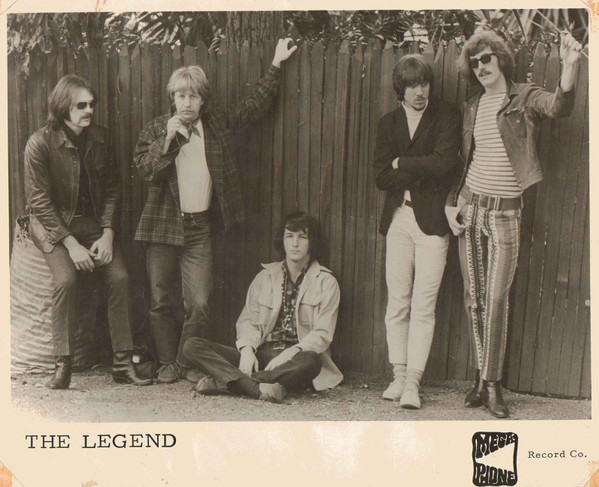
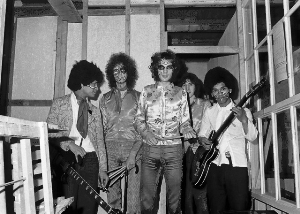
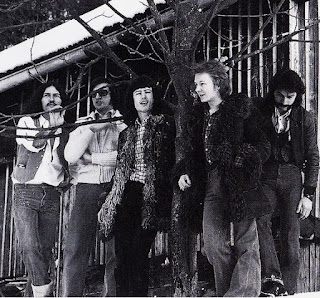
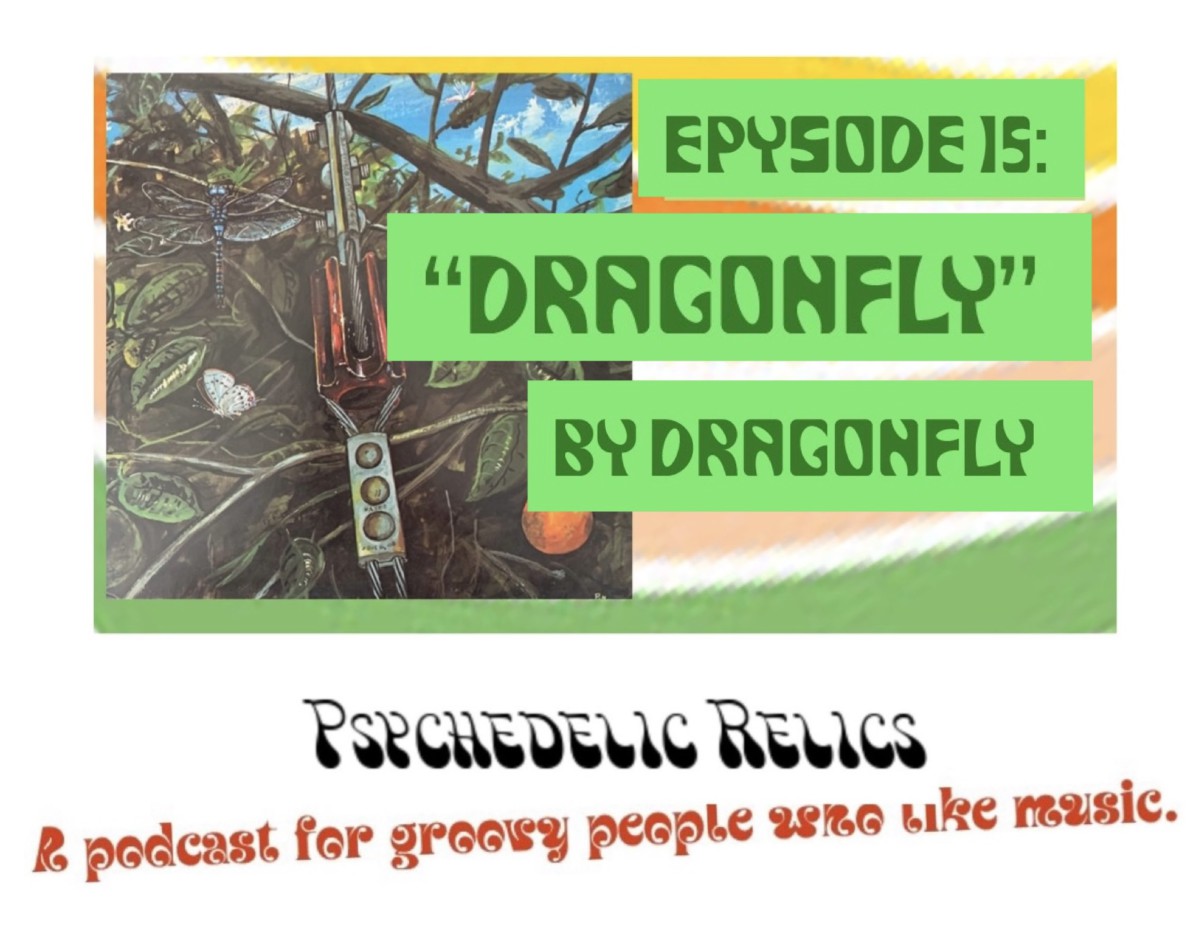
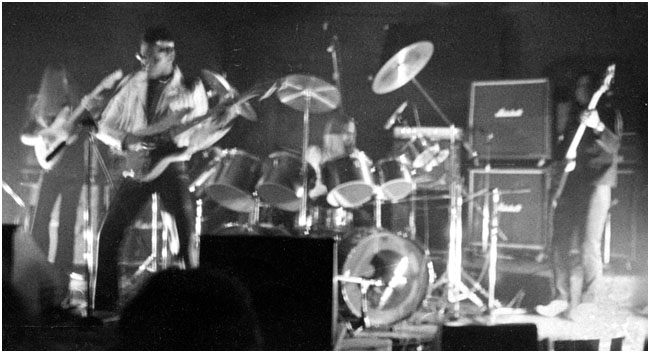
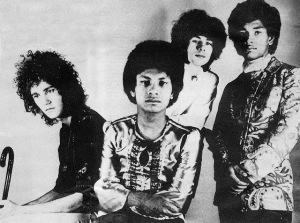

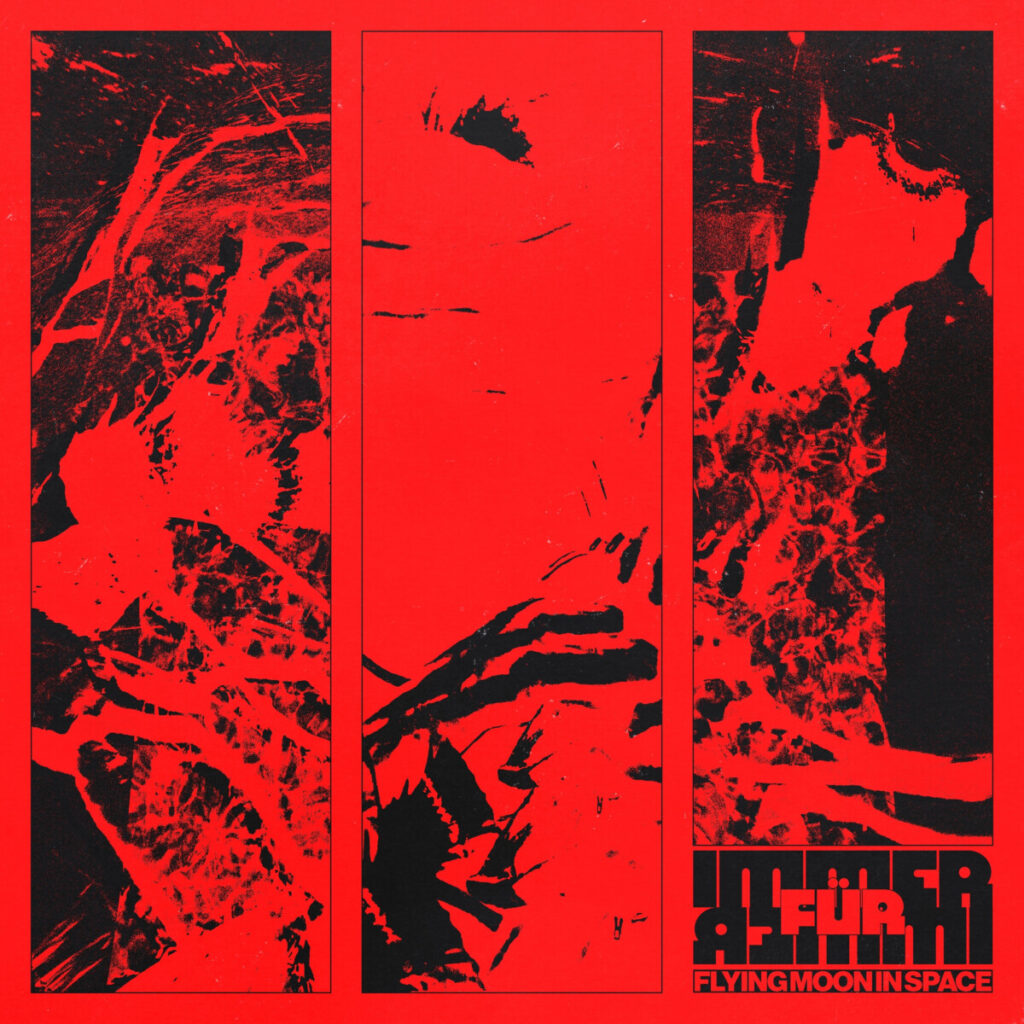
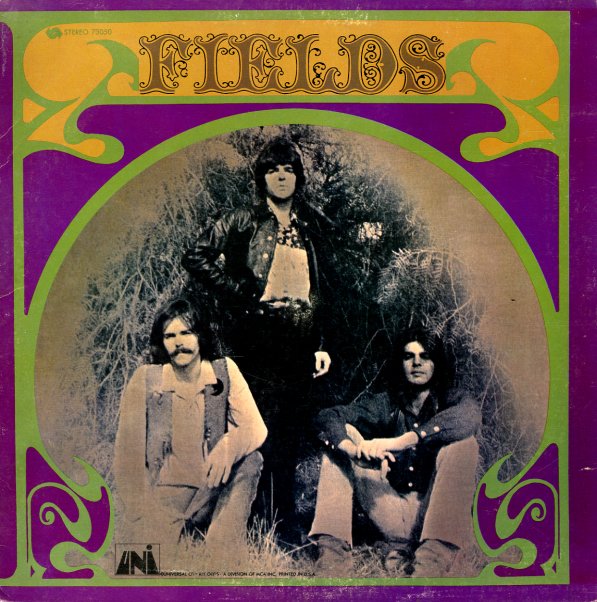
2 thoughts on “Psychedelic Relics: Dragonfly by Dragonfly”
Farmer John you did an excellent job on this project. And your voice and attitude is perfect. Glad you did this
Randy Russ
Farmer John’s the man!